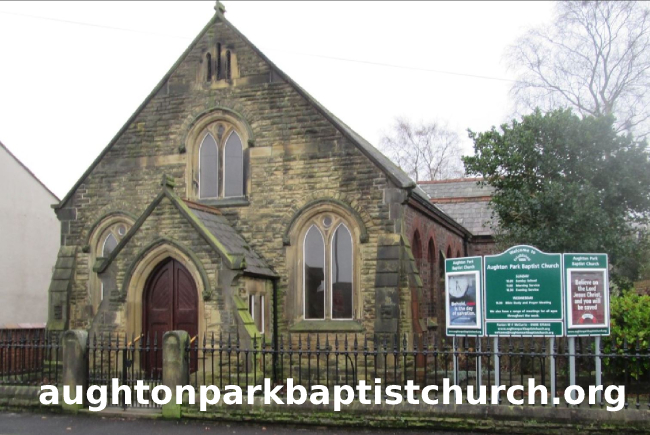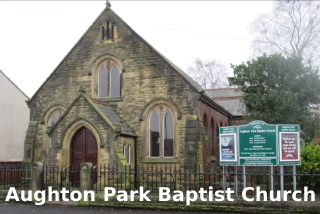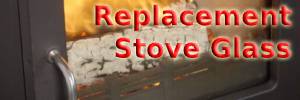Ten of Lancashire Constabulary’s most underused police station front counters are set to close next year as the police service continues to find ways to improve delivery on reducing budgets.
The move follows a review carried out by the Constabulary and Police & Crime Commissioner which showed that as few as three people a day were visiting some of the counters, with people preferring to report incidents over the phone or online.
The closures will not affect the way areas are policed but, along with reduced opening hours at remaining front counters, will deliver over £1m in annual savings of the £19.8m that police in the county need to find by 2020.
The changes are based on a detailed business case which looked at front counter usage across Lancashire throughout the year. The proposals were then subject to public consultation by the Police and Crime Commissioner, Clive Grunshaw, which saw 91 responses.
Feedback from the public and stakeholders has been reviewed but no viable alternatives have been presented to deliver the savings needed. The front counter at Clitheroe police station will be subject to ongoing discussions with Ribble Valley Borough Council to explore the viability of proposals made during the consultation.
Chief Superintendent Pete Lawson, Head of Contact and Response, said: "The decision to close some of our front counters has not been taken lightly. It follows what has been a very thorough review and a period of staff and public consultation.
“That review showed a significant decline in visitor numbers - some down to changes in processes like immigration checks and some vehicle checks which have moved online, but in the main it is due to improved technology and greater use of phones.”
He added: “Members of the public in the affected areas will still be able to contact local officers, engage with local policing teams and gain the help and support they need; it is just the way they do it which will change."
Police and Crime Commissioner Clive Grunshaw said: "The proposals in the consultation were based not just on reducing costs but also recognising that the public are choosing to engage with the police in different ways. This means that as demand falls the cost per interaction increases and the Constabulary has to manage the continuing reductions in funding from Government.
"I want to reiterate that this decision will not change the way areas are policed in any way. Officers will still be based at local police stations and work in these communities.
"The front counters which will close next year serve between three and ten people a day, while the demand on the contact centre is reaching around 2,500 calls a day. People have been voting with their feet for some time and we have to look at how the public want to report crimes and make sure we invest in the service to meet this demand."
The closures will start to come into effect early in 2018. Members of the public will still have access to the yellow telephones at each station and where appropriate will be able to make appointments to see local officers at the stations. Neighbouring stations will still be available for all other business.
The Constabulary will now work to minimise the impact on affected staff. Informal consultation with staff and unions has been on-going for some time with both groups involved in determining the future shape of the front counter service.
The front counters set to close are: Bispham, Poulton, Kirkham, St Annes, Leyland, Ormskirk, Waterfoot, Darwen, Colne, Barnoldswick
|
|
||||||
|
WANTED: YOUR NEWS AND STORIES FOR ORMSKIRK
Phone / Txt Roger on 0754 3955 841 Email local news to us including image(s) ormskirk@qlocal.co.uk Follow / Report to us on Twitter @QlocalOrmskirk
WANTED: YOUR NEWS AND STORIES FOR ORMSKIRK
Phone / Txt Roger on 0754 3955 841 Email local news to us including image(s) ormskirk@qlocal.co.uk Follow / Report to us on Twitter @QlocalOrmskirk 

Check Todays Deals on Ebay.co.uk Your Comments:
Custom Search

|
You are in:
UK /
Ormskirk / North West
Find any Town in the UK, or Use UK map Local Google MAP for Ormskirk Check Todays Deals On Amazon.co.uk Check Todays Deals on Ebay.co.uk 



Qlocal Supports Woodlands Animal Sanctuary 

 Be Seen - Advertise on Qlocal Corporate Sponsors
Southport Piano and Music Academy Washroom Services Maximum Grounds Maintenance Southport Garden Services Ormskirk Garden Services Sanitary Bins Nappy Bins & Waste Disposal Confidential Shredding Services Legionella Risk Testing London Washroom Services Croydon Washroom Services Hounslow Washroom Services Wandsworth Washroom Services Havering Washroom Services Sanitary Bins London Clinical Waste London General Waste London Legionella Testing London Shredding London Tatoo Waste London Preston Bird Control Blackpool Bird Control
UK, Local Online News Community, Forums, Chats, For Sale, Classified, Offers, Vouchers, Events, Motors Sale, Property For Sale Rent, Jobs, Hotels, Taxi, Restaurants, Pubs, Clubs, Pictures, Sports, Charities, Lost Found
ormskirk,
ormskirk News,
|
|||||
|
|
|
|





 Reply With Quote
Reply With Quote


